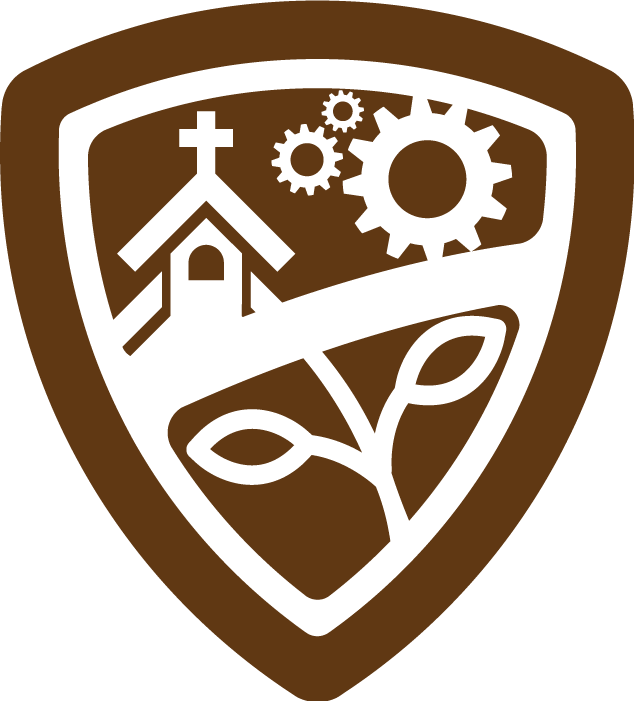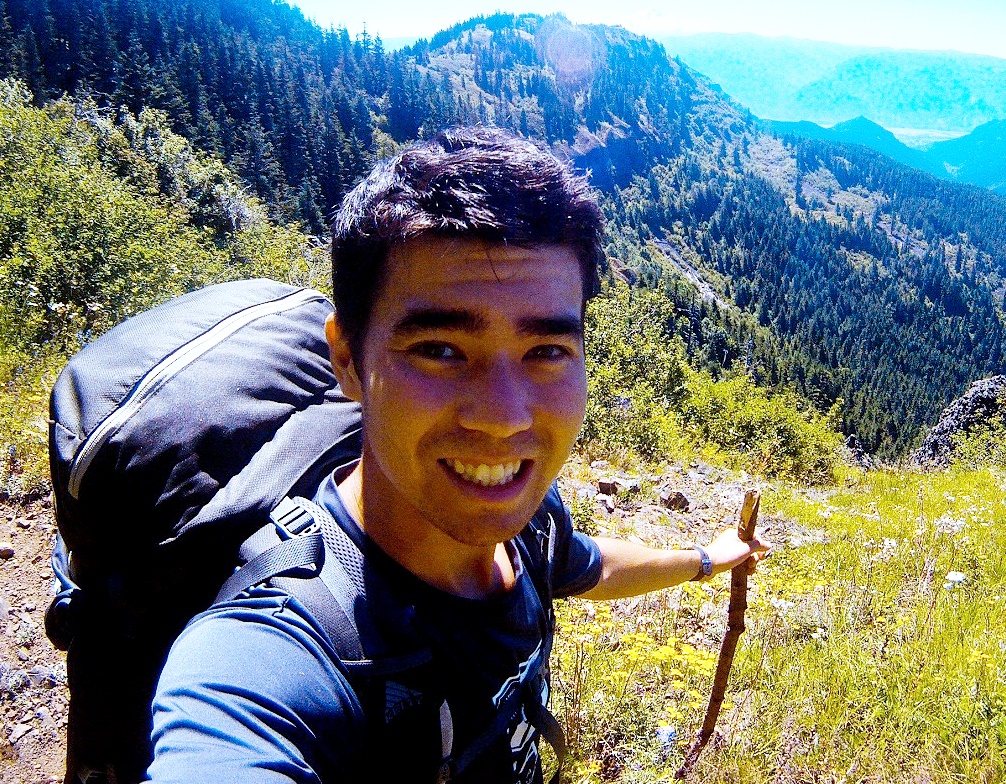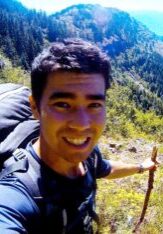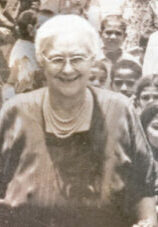John Allen Chau
December 18, 1991 - November 17, 2018
Missionary
Missionary
From Scottsboro, Alabama
Served in India
Affiliation: Assemblies of God
“I believe that the measure of success in the kingdom of God is obedience. I want my life to reflect obedience to Christ and to live in obedience to Him. I think that Jesus is worth it. He’s worth everything.”
John spent almost a decade preparing to take the gospel to the Sentinelese, one of the last uncontacted people groups. His journey began in 2008, the year he turned 17, when he became what he described as “an apprentice to Jesus.”
After taking his first missions trip the following year, he began to pray about spending his life serving as a missionary. “I know that God used that time to mark my life,” he said later. In his prayers, John asked God where He wanted him to go, echoing Isaiah’s affirmation — “Here I am! Send me.”
Soon after making that prayerful commitment, John found information online about the Sentinelese people, who live on an isolated island and have never heard the gospel. He sensed that God was calling him to go to North Sentinel Island to share God’s love with them.
“Once I said yes to Jesus,” he said in a video for a church that supported his work, “I was committed. I was all in.”
Every decision John made for the next nine years was in preparation for going to North Sentinel Island, living among the Sentinelese and sharing the gospel with them. “He had conditioned his body, his mind, his spirit,” said a former representative from the student missions office at Oral Roberts University, the school John attended in Tulsa, Oklahoma. “He was one of the most prepared men I’ve ever met.”
Knowing he wouldn’t have hot water on the island, John took cold showers to help his body adapt. And since little is known about the Sentinelese language, he took a linguistics course through a branch of Wycliffe Bible Translators in hope it would help him communicate with the islanders. In addition, he undertook medical training and became certified as a wilderness EMT (emergency medical technician) so he could provide the Sentinelese with basic health care. He was vaccinated against all manner of diseases, knowing their immune systems would be vulnerable to imported Western viruses, and he underwent laser eye surgery so he wouldn’t have to worry about keeping his contact lenses clean.
John was so focused on preparing to serve on the island — an aerial view of North Sentinel hung on his dorm-room wall — that he needed a reminder to keep serving in the here and now. An outreach leader at ORU challenged John not to wait, but to start immediately serving and reaching out in the name of Jesus. And John took the challenge to heart.
Because of his love for soccer, John became involved with a ministry that ran a soccer program for immigrants from Myanmar. He was not the most high-profile leader, standing in the spotlight or preaching a sermon, but his love for people and his bedrock faith began to shine through.
John arrived early and stayed late. He set up for practice, made sure things ran smoothly and then packed up the gear at the end of practice. He planned devotionals and filled in when the ministry leader was gone. And he got cleats, uniforms and other equipment for players who could not afford them, often spending his own money. “Coach Chau” became a friend, mentor and coach, taking every opportunity to point young men to Christ.
In 2015, John took the first of four scouting trips to the Andaman Islands, a union territory of India located so far east in the Bay of Bengal that it’s much closer to Bangkok than Bangalore. He was seeking a better understanding of the territory as well as confirmation that North Sentinel Island was God’s calling for him.
Whenever he met local Christians in the region, he would ask if anyone was going to the Sentinelese. John had told Christian friends that he was willing to serve in a support role if a missionary effort was already underway. For John, the important thing was not the messenger, but the message.
But the answer was always the same: No one was trying to reach the Sentinelese with the gospel.
In the video he made for a supporting church, John described his trip home from that first Andaman visit and his reservations about his call to North Sentinel Island. “I had been doubting a bit,” he said. “God, have You really told me to go here? Is this really where I’m supposed to be? Isn’t there someone that You’ve called that’s from here, that You’re raising up to reach this people group?”
As he flew out of Port Blair, capital of the Andaman and Nicobar Islands, John gazed out the window at the blue ocean below and saw an island came into view that he recognized immediately: It was the same island he’d stared at on his dorm-room wall all through college.
“A sense of clarity and peace came upon me,” John said later, “a sense of knowing that I’m going to be going there one day. I took that as confirmation. I’ve only had that sense of clarity and deep sense of knowing a few other times in my life, and each time I can say it was definitely God that was speaking to me.”
The confirmation of John’s call intensified his preparations. Through All Nations, he received training on church planting in different cultural settings. And he took more trips to the Andamans, where he connected with local Christians willing to help him and fishermen who would transport him to the island. But he still remained open to news of anyone else trying to reach the Sentinelese with the gospel.
All Nations introduced John to a missions worker who had helped reach another people group in the Andaman region. The two spent hours talking about what had worked and what hadn’t — what gifts might endear John to the tribesmen, the best way to approach the island and the most important supplies to take. John quickly absorbed the information, constantly weighing and praying about aspects of the previous missions effort that might transfer to his trip.
“He really was a learner,” said the former ORU missions leader. “One of the most studied, prepared, just humble [men]. He soaked it all in: ‘This group did it this way, this guy teaches this way.’ And then he would pray, process and seek wise counsel from others.”
John had a natural inclination toward planning, and it was now in full flower. He planned what to take with him, sorting and re-sorting his gear, then deciding how much would fit in the cases he planned to cache on the island before he met the islanders. He wrote plans for the first day, for his early goals and even a contingency plan in case things didn’t go well.
Plan A was to make contact with the islanders and live among them for as long as it took to learn the language and culture. Then he would tell them about the love and sacrifice of Jesus Christ. John knew it would take years and maybe decades.
His meticulous planning also included a Plan B, the possibility that tribesmen would not welcome him and might even kill him, just as they had two fishermen who drifted ashore on North Sentinel in 2006.
John was at peace either way. He had committed his life to seeing the Sentinelese people worship Jesus Christ as their Savior. Either he would live on the island as a guest and a light for Christ, or he would give his life on the island and enter eternity. Like Paul, he knew that “to live is Christ, and to die is gain.”
“John knew this could cost him everything,” said a friend and mentor, “and he knew that he might even be misunderstood by many that would judge. He didn’t want any glory, even in his death.”
This article is not our work. It can be found here.



